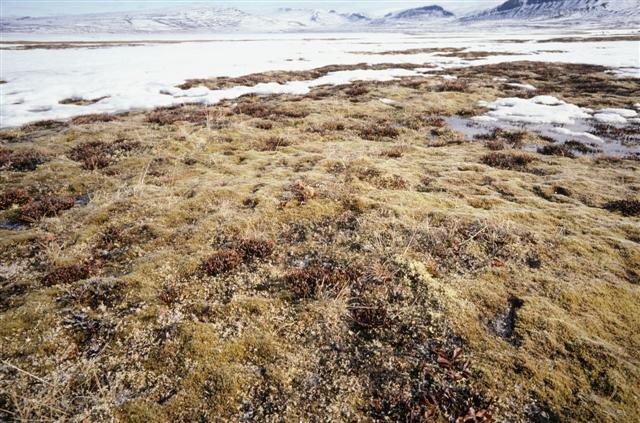According to the a new study published recently in the journal Nature, the planet could see 55 billion tons of carbon (which converts to 200 billion tons of carbon dioxide) released from warming soils by the year 2050.

The study is a compilation of data gained from 49 field experiments located across North America, Europe and Asia. "The majority of the Earth’s terrestrial carbon is stored in the soil. If anthropogenic warming stimulates the loss of this carbon to the atmosphere, it could drive further planetary warming... Under the conservative assumption that the response of soil carbon to warming occurs within a year, a business-as-usual climate scenario would drive the loss of 55 ± 50 petagrams (billions) of carbon from the upper soil horizons by 2050", the paper reports. This will convert to 200 billion tons of carbon dioxide to be released from soils.
The analysis provides empirical support for the long-held concern that rising temperatures stimulate the loss of carbon in the soil to the atmosphere, driving a positive land carbon–climate feedback that could accelerate planetary warming over the twenty-first century.
“It’s of the same order of magnitude as having an extra U.S. on the planet,” said Thomas Crowther, a researcher with the Netherlands Institute of Ecology who led the research. Crowther argues that until now, the science community has often left this potential carbon feedback from planetary soils out of its calculations because it wasn’t well enough understood.
The biggest carbon emissions are going to be in Arctic in the regions where permafrost is thawing. As permafrost is soil that has been frozen for long periods of time, it stores large amounts of frozen organic carbon.
According to Crowther, the study only took into account emissions from the upper layer of soil, about 10 centimetres thick. So if warming affects deeper permafrost layers too, then the amount of carbon to be released could be too small.
